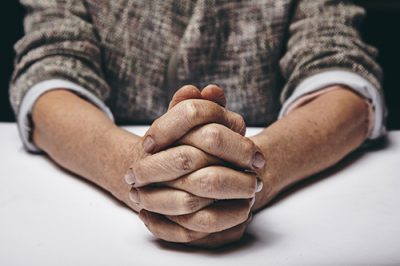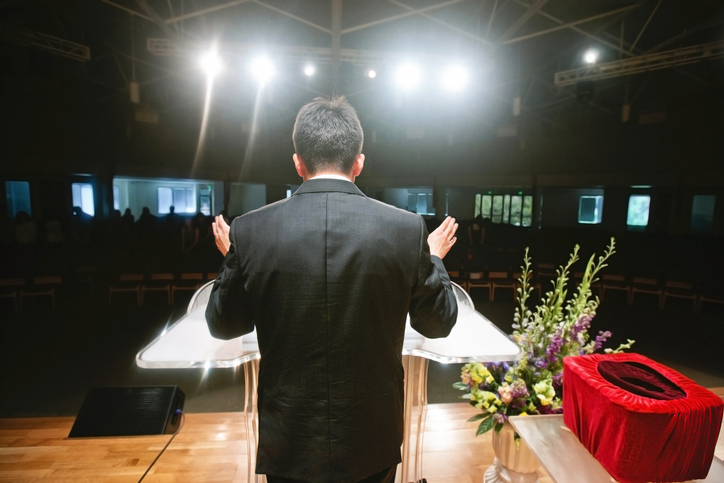Every day, the media is full of new reports of men in leadership roles being accused of sexual misconduct and harassment. These are men in key positions in government, the media, sports, etc. No one seems exempt from the sudden accusation and spotlight. The #MeToo movement has brought a clandestine but paramount subject straight to headline news with blaring clarity and outrage. While we watch the stories play out, the Church needs to do more than observe and shake our heads. These people are hurting, and we need to have a response. We aren’t just a passive audience, but are called to be change makers and door holders.
Many women and men are now feeling empowered to speak out and share their stories of hurt and abuse at the hands of people who held power in their lives. We want to be prepared to be a sanctuary and safe space for people unpacking this kind of hurt. For individuals in your congregation who are plugged in and connected, the church should be a natural place to deal with these issues.
There are some basic ways that your church can proactively prepare to walk with someone through this kind of personal and impactful issue.
1) Training
Invest some time and money into training for your staff and lay leaders in trauma care. Most churches do not have a professional counselor on staff. However, there are some basic communication and listening skills that can be helpful. It is important for staff members to be prepared to help point individuals to the appropriate next step in healing.
2) Resources
Have a list of counselors ready for your staff and lay leaders to give to individuals who need further counseling. This may take some time and research to make sure you can refer to safe and professional practices. It is also helpful to provide phone numbers and find professionals who take insurance as well as some that may do free counseling or payment based on income or a sliding scale.
3) Community
Being connected with other people who can give encouragement and accountability is vital to someone walking through emotional healing. While it in no way takes the place of professional counseling, many people find tremendous strength from healthy friendships with others that have gone through similar circumstances. There are even small group Bible studies written and designed for survivors of abuse. Your church could host a support group or Bible study for individuals seeking this type of community.
4) Security
It is imperative for churches to be aware and intentional about making sure the church is safe and secure. For someone who has been sexually abused, there is great comfort knowing that your children’s ministry has all volunteers undergo background checks and training, a secure check-in and check-out process, and security present. It is also best practice to have at least two adults present when caring for children or youth and an open door policy when a staff member or lay leader meets with someone of the opposite sex. This type of policy sets a standard of accountability for leadership and safety for the attendees.
In our present culture of emboldened accusation and rampant abuse of power, the Church has a role to play. It’s important that churches take every precaution to maintain the integrity of its leaders and in providing the necessary resources to support those in the community who need to heal.
In evaluating this list, what area can your church seek to better serve those who may need a safe place for healing?




